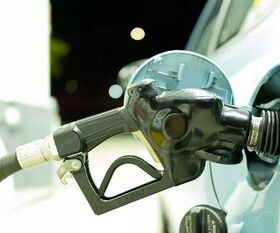Baker Institute expert: crude-oil production increase a risky strategy for Saudi Arabia
Green Car Congress
SEPTEMBER 13, 2017
A number of factors are pushing Saudi Arabia to raise its crude-oil production capacity, but the wide range of potential outcomes suggests that such an increase is a risky strategy for the kingdom and the global environment, according to a new article by an expert from Rice University’s Baker Institute for Public Policy.













Let's personalize your content